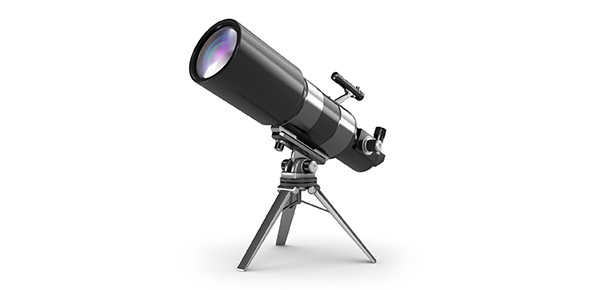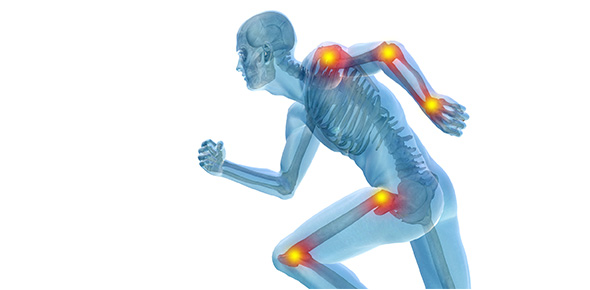Related Flashcards
Related Topics
Cards In This Set
| Front | Back |
|
Norms:
|
Rules that tell us what is "right" and what is "wrong" to do and when, where, and with whom.
|
|
Categories of behavior indicative of mental disorder:
|
(1) Behavior that is harmful to the self or harmful to others without serving the interests of the self; (2) Poor reality contact; (3) Emotional reactions inappropriate to the person's situation; (4) Erratic behavior.
|
|
Epidemiology:
|
The study of the distribution of disorders within populations.
|
|
Abnormal behavior in groups can be categorized in three different ways:
|
(1) Various groups are at greater or lesser risk for specific disorders; (2) Groups differ in how they experience and express psychological disorders; (3) Groups vary in thier norms, making diagnosis difficult.
|
|
Medical model or disease model:
|
Says abnormal behavior is comparable to disease; it has specific causes and a specific set of symptoms.
|
|
Biogenic:
|
Resulting from a malfunction of the human body.
|
|
Thomas Szaz:
|
Author of "The Myth of Mental Illness"; claimed that most of what the medical model called mental illness were not illnesses at all, but rather, "problems in living," expressed as violations of moral, legal, and social norms.
|
|
Neuroscience Perspective:
|
Analyzes abnormal behavior in terms of its neurochemical, neuroanatomical, and neurohormaonal components.
|
|
Psychodynamic Perspective:
|
Assumes that abnormal behavior issues from imcomscious psychological conflicts originating in childhood.
|
|
Behavioral Perspective:
|
Holds that a primary cause of abnormal behavior is inappropriate learning, whereby maladaptive behaviors are rewarded and adaptive behaviors are not rewarded.
|
|
Cognitive Perspective:
|
Maintains that abnormal behavior is an outgrowth of maladaptive ways of perceiving and thinking about oneself and the environment.
|
|
Interpersonal Perspective:
|
Views abnormal behavior as the product of disordered realtionships.
|
|
Sociocultural Perspective:
|
Views abnormal behavior as the product of broad social and cultural forces. It also examines the biases that can influence diagnoses.
|
|
Humanisitc-Existential Perspective:
|
Not a single perspective, but a collection of the belief systems of well-known thinkers.
|
|
Influences in ways of treating deviants:
|
(1) The nature of the society; (2) Its explanation of such bahviors
|







